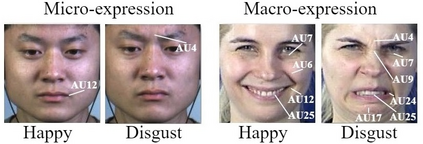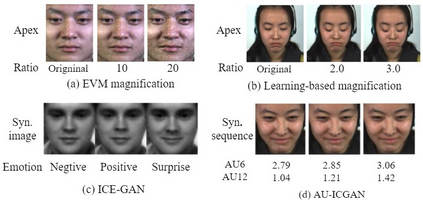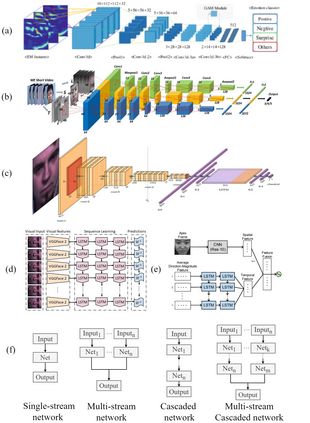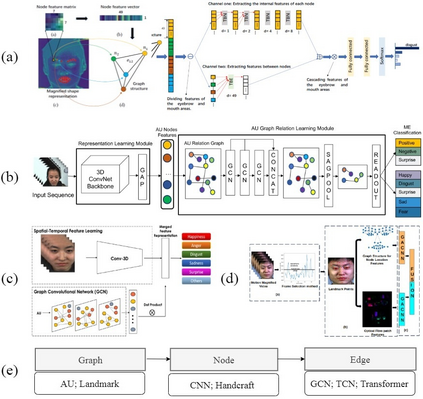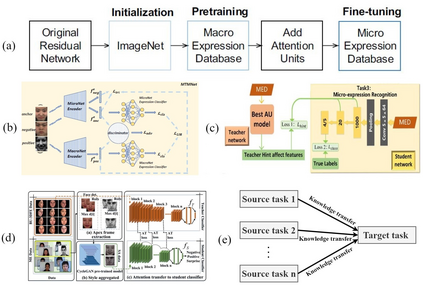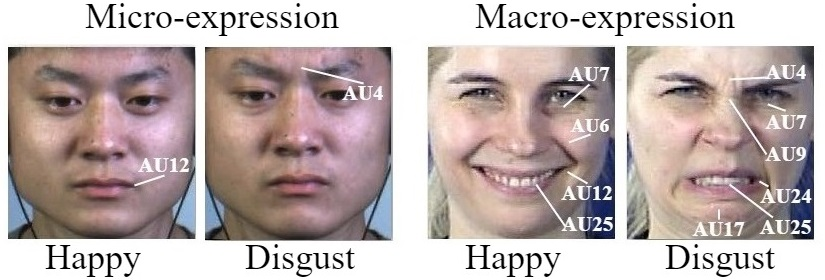Micro-expressions (MEs) are involuntary facial movements revealing people's hidden feelings in high-stake situations and have practical importance in medical treatment, national security, interrogations and many human-computer interaction systems. Early methods for MER mainly based on traditional appearance and geometry features. Recently, with the success of deep learning (DL) in various fields, neural networks have received increasing interests in MER. Different from macro-expressions, MEs are spontaneous, subtle, and rapid facial movements, leading to difficult data collection, thus have small-scale datasets. DL based MER becomes challenging due to above ME characters. To date, various DL approaches have been proposed to solve the ME issues and improve MER performance. In this survey, we provide a comprehensive review of deep micro-expression recognition (MER), including datasets, deep MER pipeline, and the bench-marking of most influential methods. This survey defines a new taxonomy for the field, encompassing all aspects of MER based on DL. For each aspect, the basic approaches and advanced developments are summarized and discussed. In addition, we conclude the remaining challenges and and potential directions for the design of robust deep MER systems. To the best of our knowledge, this is the first survey of deep MER methods, and this survey can serve as a reference point for future MER research.
翻译:微量表示(ME)是非自愿的面部运动,显示人们在高发情况下隐藏的情感,在医疗、国家安全、审讯和许多人-计算机互动系统中具有实际重要性。主要基于传统外观和几何特征的市场市场早期方法。最近,随着各个领域的深层学习(DL)的成功,神经网络在市场中获得了越来越多的兴趣。不同于宏观表现,ME是自发的、微妙的和迅速的面部运动,导致难以收集数据,因此是小规模的数据集。基于DL的市场市场市场在医疗、国家安全、审讯和许多人-计算机互动系统中具有挑战性。迄今为止,提出了各种DL方法来解决ME问题和改善市场绩效。在这一调查中,我们全面审查了深度微量表示认识(MER),包括数据集、深层MER管道和最有影响力的方法。这项调查确定了外地的新分类,包括基于DL的市场市场市场所有方面。每个方面,基本的方法和先进的发展都由于上述特性而变得具有挑战性。此外,我们还提出了各种DL方法的剩余挑战和潜在方向,这是为MER的深层研究系统设计提供最佳的参考。

